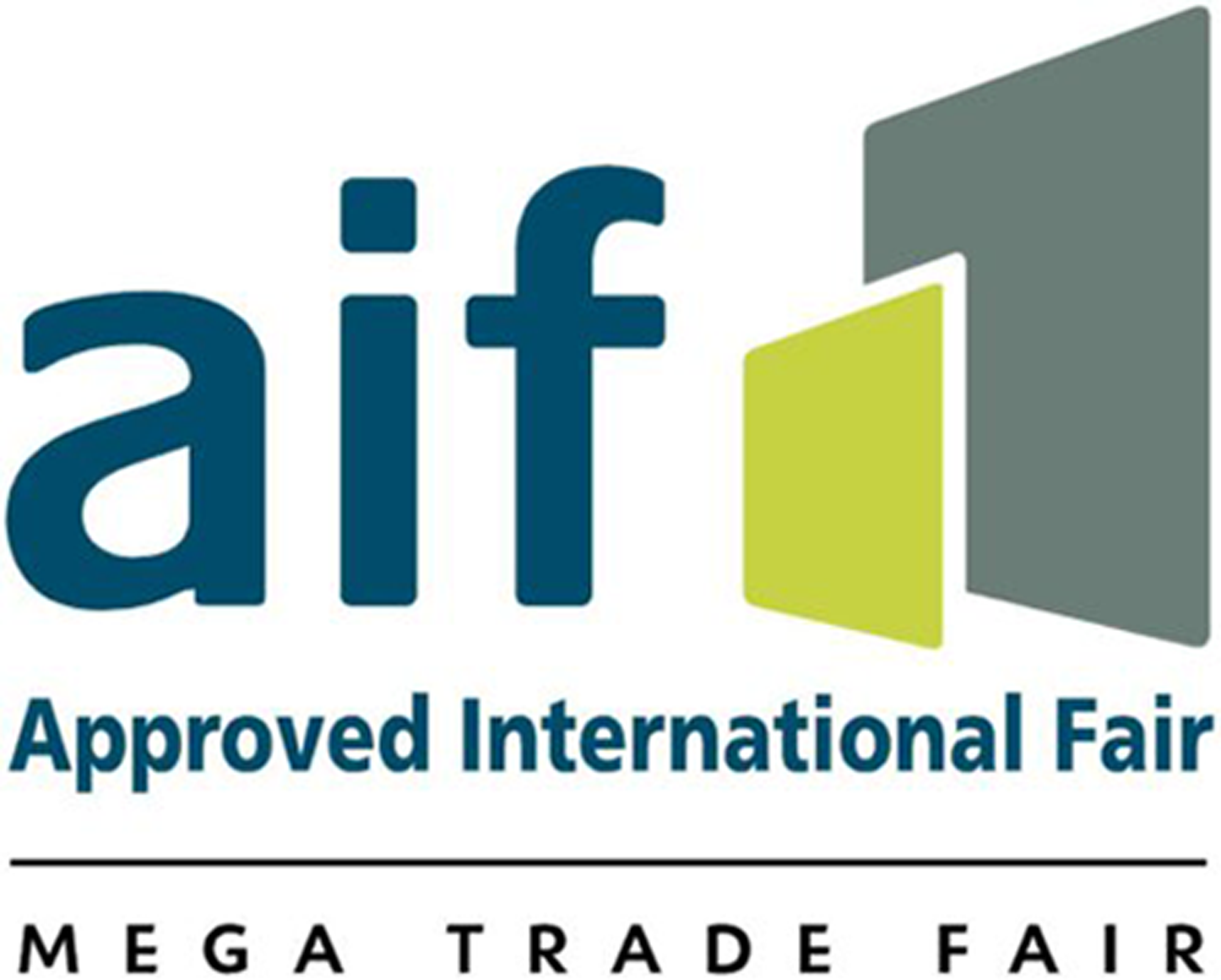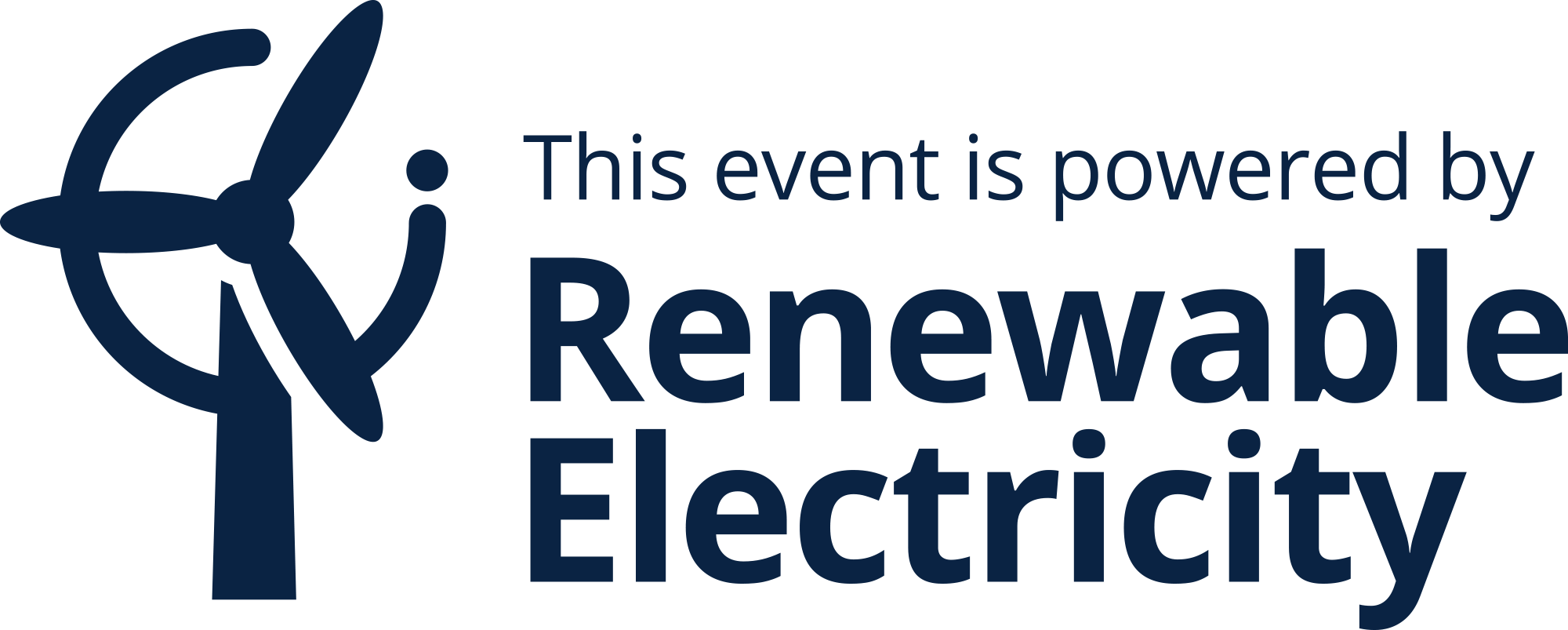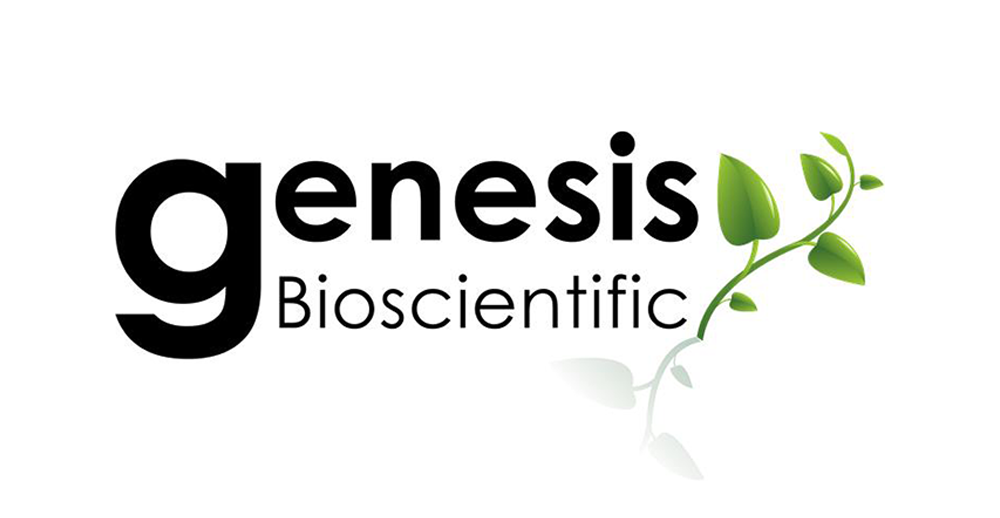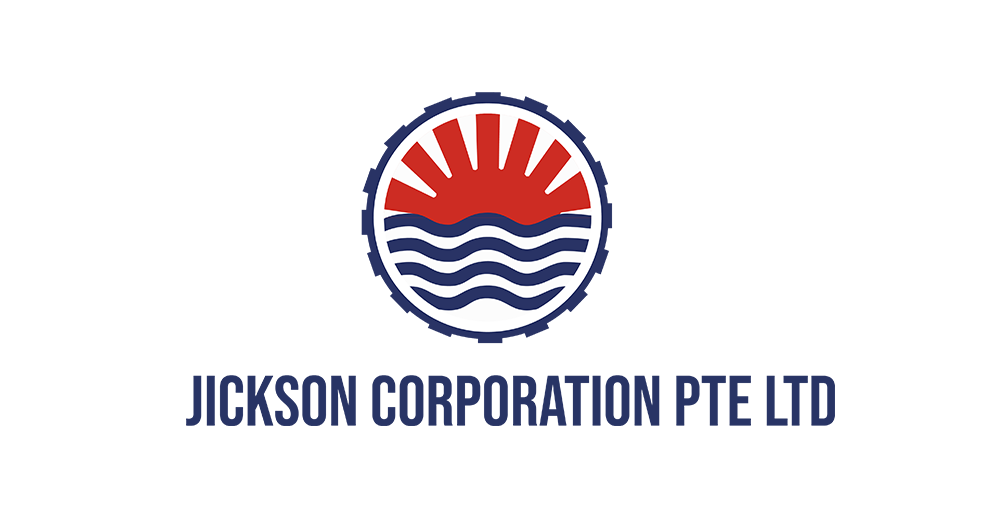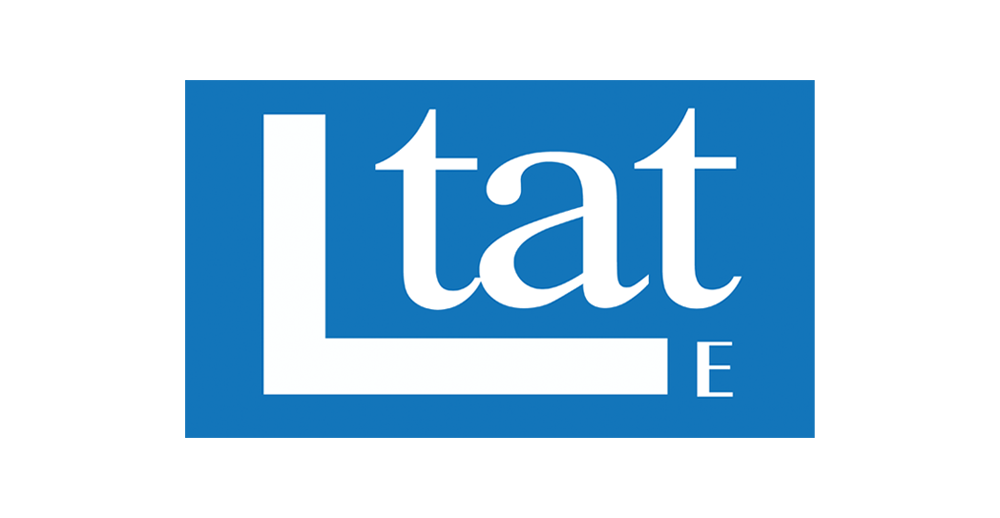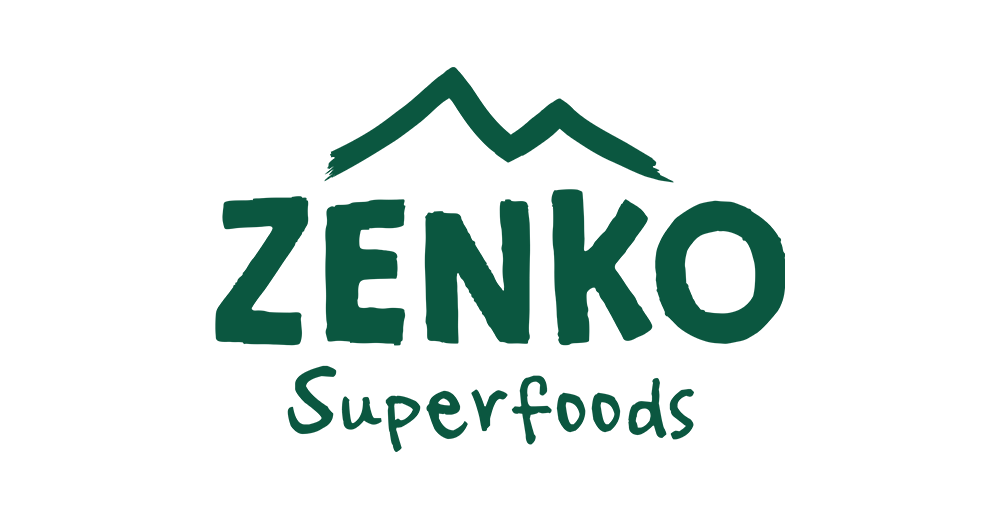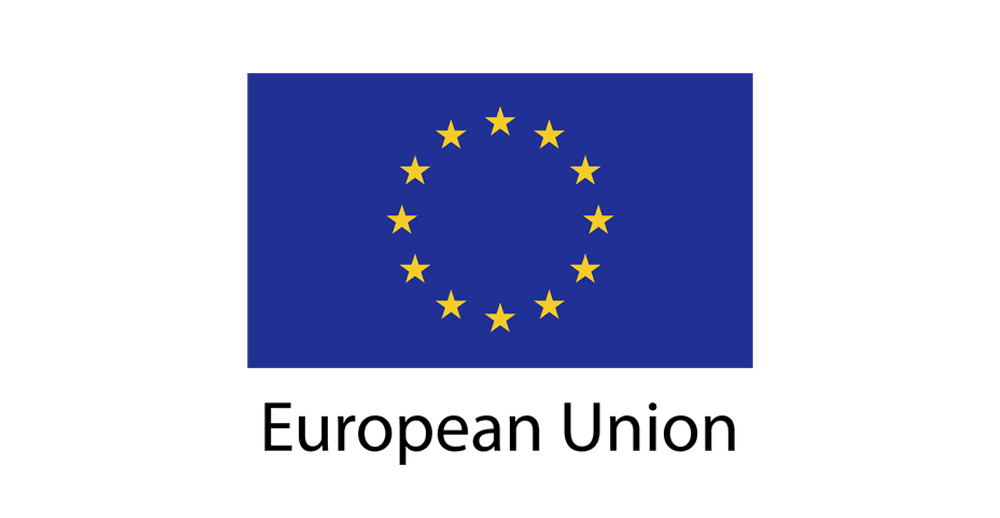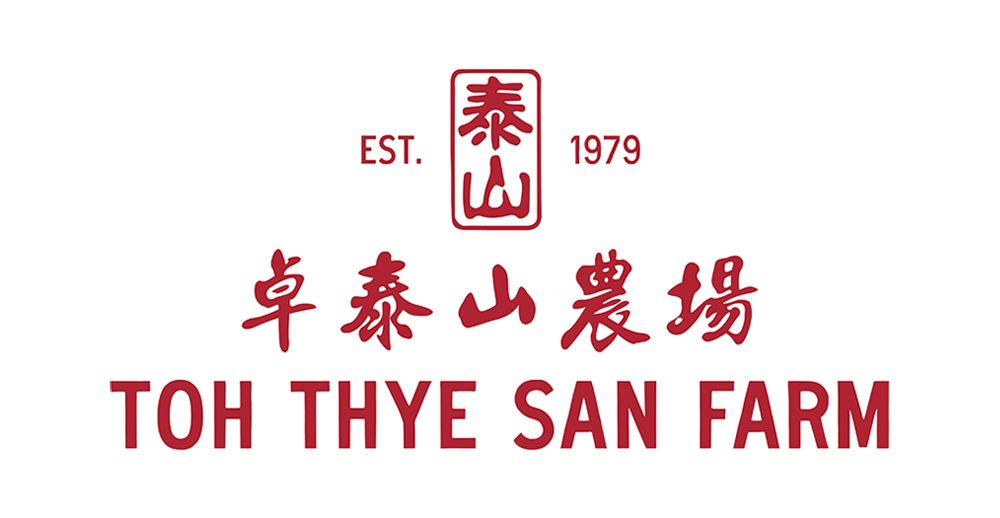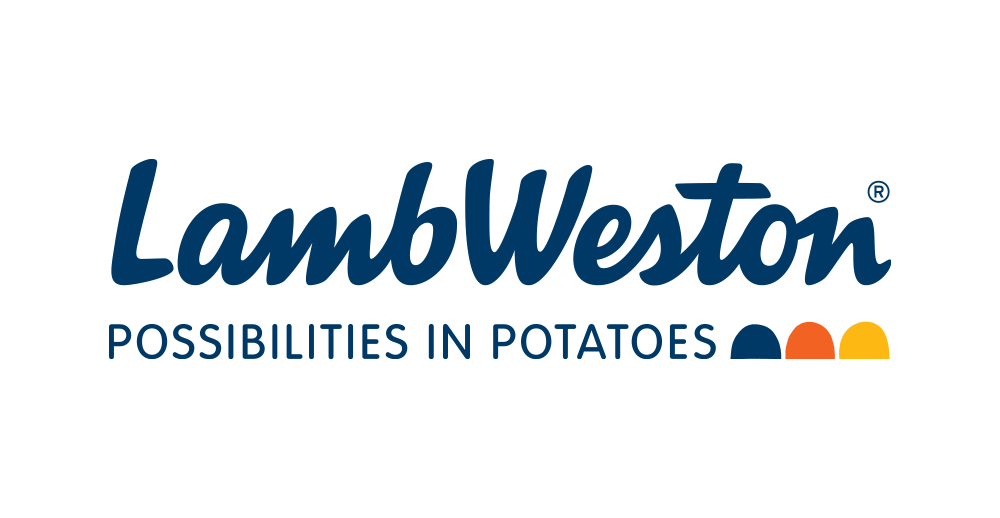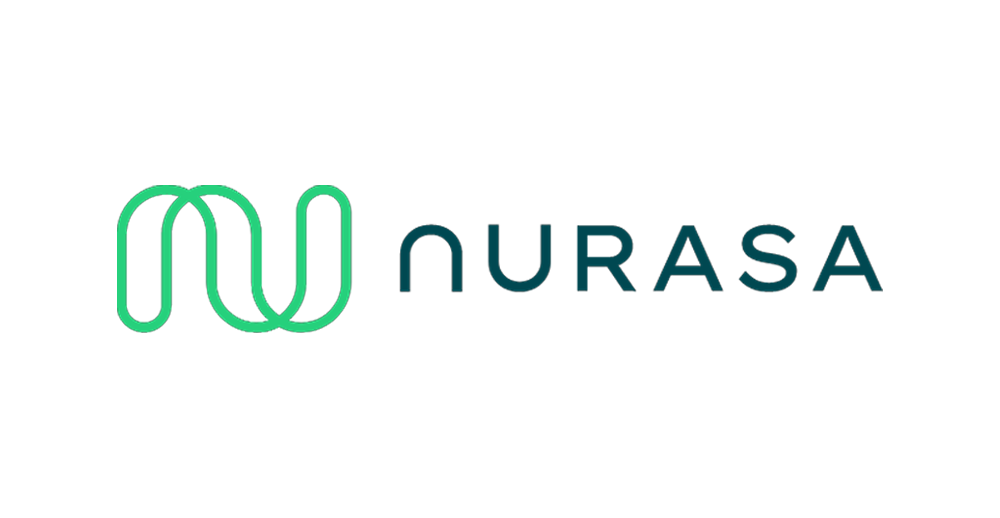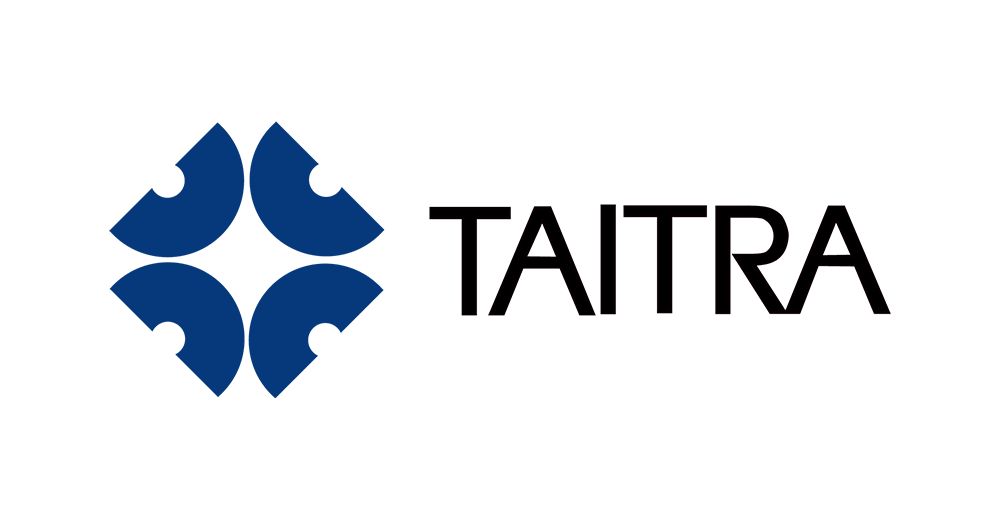What if your diet could be tailored as uniquely as your fingerprint? In a world where health and wellness trends are rapidly evolving, the demand for personalized solutions is at an all-time high. Gone are the days of generic meal plans and one-size-fits-all diets.
Today, individuals want dietary strategies that align perfectly with their unique biology, lifestyle, and health goals.
At the forefront of this personalized revolution is precision nutrition, a cutting-edge approach that uses scientific tools and data to design custom dietary plans.
When integrating genetics, microbiomics, and technology, nutrition for precision health offers unprecedented insights into what your body needs to thrive.
This article dives deep into what precision nutrition is, how it works, its benefits, and the challenges it faces, helping you understand why this trend is shaping the future of health and wellness.
Understanding Precision Nutrition
When it comes to health and nutrition, a one-size-fits-all approach often falls short. This is where precision nutrition shines, offering a tailored approach that considers your individual biological, genetic, and lifestyle factors.
At its core, precision nutrition is about personalization. Traditional dietary advice often overlooks key variables like genetic predispositions, environmental influences, and personal habits. In contrast, personalized nutrition caters to these nuances, delivering dietary plans that are as unique as the individual they serve.
The Science Behind It
What powers precision nutrition is its strong foundation in advanced scientific fields. These include:
- Genomics: This field examines how your genetic makeup influences your response to different foods. For instance, some people may metabolize fats more efficiently than others, while others might have genetic predispositions to high cholesterol levels.
- Microbiomics: Your gut microbiome; trillions of bacteria living in your digestive system plays a significant role in digestion, immunity, and overall health. Precision nutrition uses microbiome analysis to understand how these microbes interact with your diet.
- Data Analytics and Artificial Intelligence: Precision nutrition harnesses large datasets to create accurate, personalized dietary plans. AI tools analyze factors like dietary patterns, health history, and genetic data to make informed recommendations.
When combining these disciplines, nutrition based on genetics offers a level of customization that traditional approaches can’t match. This shift marks a transition from generic advice to solutions that adapt to the individual, ensuring better health outcomes.
How Does Precision Nutrition Work?
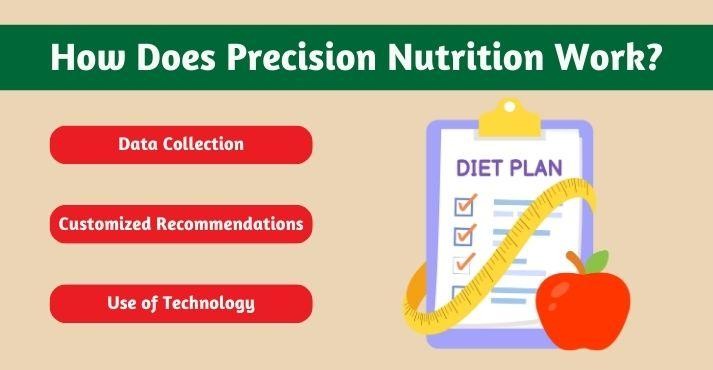
Understanding how precision nutrition works begins with its multi-step process. From collecting individual data to creating tailored recommendations and leveraging technology for monitoring, this approach transforms the way we approach health and wellness.
1. Data Collection
Data is the backbone of precision nutrition. The process begins by gathering comprehensive information about an individual’s health and lifestyle. This includes:
- Genetic Testing: DNA tests reveal genetic predispositions to certain conditions, such as lactose intolerance or gluten sensitivity. These insights allow for dietary modifications tailored to genetic needs.
- Gut Microbiome Analysis: The gut microbiome has a profound impact on digestion, mood, and immunity. When analyzing gut bacteria, precision nutrition identifies imbalances and prescribes targeted interventions.
- Lifestyle Tracking: Factors like physical activity levels, sleep quality, and stress are tracked to ensure recommendations align with real-life habits.
- Health History: Pre-existing conditions, medications, and family health history provide context for creating effective plans.
This comprehensive approach ensures that every recommendation is backed by accurate, personalized data.
2. Customized Recommendations
Once the data is analyzed, the next step involves creating personalized nutrition plans. These include:
- Dietary Plans: Recommendations specify nutrient-rich foods that align with the individual’s health goals. For example, a person aiming for weight loss may receive a low-carb, high-protein plan, while someone managing diabetes might focus on low-glycemic foods.
- Supplement Plans: Supplements are prescribed to address deficiencies or enhance performance, such as probiotics for gut health or omega-3 fatty acids for brain function.
- Lifestyle Adjustments: Precision nutrition doesn’t stop at diet; it also considers factors like sleep and stress management, integrating them into a comprehensive wellness strategy.
These customized plans adapt over time, ensuring they evolve with changing health conditions or goals.
3. Use of Technology
Technology plays a pivotal role in bringing precision nutrition to life.
- Wearable Devices: Fitness trackers and smartwatches monitor metrics like physical activity, heart rate, and sleep patterns. This data helps refine dietary recommendations in real time.
- Mobile Apps: Apps serve as personal diet coaches, tracking meals, reminding users of supplements, and providing feedback based on dietary compliance.
- AI-Driven Tools: Artificial intelligence analyzes long-term trends in diet and health, enabling continuous optimization of recommendations.
These tools ensure that precision nutrition is not just a one-time intervention but a dynamic, ongoing process.
Benefits of Precision Nutrition

The benefits of precision nutrition extend far beyond weight loss or dietary management. This science-driven approach addresses individual needs, offering tangible improvements in health outcomes, athletic performance, and the management of chronic conditions.
When considering genetic predispositions, lifestyle habits, and biological factors, precision health and wellness delivers results that generic plans often fail to achieve.
1. Improved Health Outcomes
One of the most compelling benefits of precision nutrition is its ability to boost overall health outcomes. When tailoring dietary strategies to individual needs it delivers:
- Weight Management: Research shows that people following personalized diets experience better weight loss results compared to those on generic plans. These results stem from diets designed to align with individual metabolism, activity levels, and food preferences, ensuring higher adherence and better long-term success.
- Energy Levels: Customized plans balance macronutrient intake, preventing energy crashes and reducing fatigue. For example, a balanced combination of complex carbohydrates, lean protein, and healthy fats can sustain energy throughout the day, enriching productivity.
- Disease Prevention: When addressing nutrient deficiencies and optimizing dietary intake, precision nutrition reduces the risk of chronic diseases. A 2021 study published in AHA revealed that individuals following a personalized dietary approach had a lower risk of developing cardiovascular diseases compared to those adhering to generalized guidelines.
For instance, individuals genetically predisposed to high cholesterol levels can benefit from diets rich in soluble fiber and plant sterols, as highlighted by nutrition based on genetics. These targeted interventions not only improve immediate health outcomes but also contribute to long-term wellness.
2. Enhanced Athletic Performance
Precision sports nutrition has revolutionized the way athletes approach diet and performance. When addressing the unique needs of each individual, this approach optimizes physical output, recovery, and endurance.
- Macronutrient Ratios: Personalized plans ensure athletes receive the right balance of protein, carbohydrates, and fats. For instance, endurance athletes may require a higher carbohydrate intake, while strength athletes may prioritize protein for muscle recovery.
- Hydration and Electrolyte Balance: Tailored hydration strategies prevent dehydration, which can reduce performance measurable, according to a German study. Precision nutrition calculates exact fluid and electrolyte requirements based on activity levels, climate, and sweat loss.
- Nutritional Timing: Strategic recommendations on when to consume specific nutrients boost energy levels during training or competition. A 2024 report in Frontiers in Nutrition found that athletes adhering to precise nutritional timing experienced an 5% increase in stamina and performance compared to those on unstructured diets.
Athletes who utilize personalized nutrition consistently report improved endurance, faster recovery times, and augmented strength. These benefits position precision nutrition as a game-changer in sports performance.
3. Management of Chronic Conditions
Precision health and wellness also play a pivotal role in managing chronic conditions by offering highly targeted dietary interventions. Unlike one-size-fits-all recommendations, these strategies consider individual genetics, microbiomes, and health histories, leading to more effective outcomes.
- Diabetes: Personalized plans stabilize blood sugar levels by focusing on low-glycemic foods tailored to individual needs. A study published in MDPI showed that individuals on personalized diets for at least 3 months had a drastic improvement in blood sugar control compared to those following standard diabetic meal plans.
- Hypertension: Precision nutrition addresses genetic salt sensitivity by adjusting sodium intake. This targeted approach has been shown to reduce blood pressure by 10-15 mmHg, offering significant relief for hypertensive patients.
- Digestive Disorders: Gut microbiome-focused plans alleviate conditions like IBS and Crohn’s disease. When identifying specific food triggers and introducing beneficial probiotics, individuals experience improved digestion and reduced symptoms.
For example, individuals with lactose intolerance identified through genetic testing can avoid dairy-based products and incorporate calcium-rich alternatives, improving digestive health without compromising nutrient intake.
Challenges and Limitations of Precision Nutrition
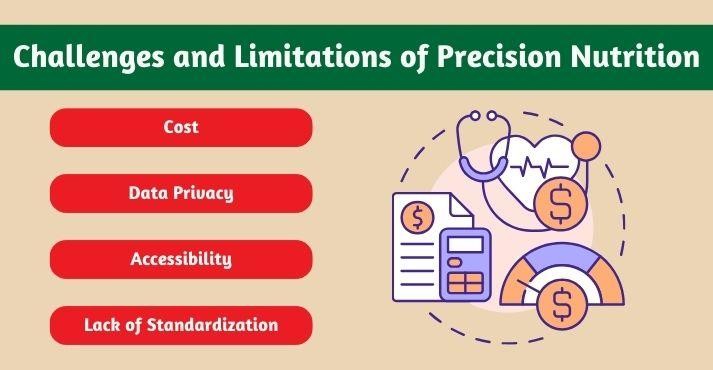
While precision nutrition is a groundbreaking approach to personalized health, it is not without its challenges. From financial barriers to accessibility issues, several factors limit its widespread adoption and effectiveness.
Comprehending these challenges is critical to unlocking the full potential of nutrition for precision health and making it more inclusive and accessible.
1. Cost
One of the most significant barriers to precision nutrition is its cost. The advanced testing and analysis required, such as genetic profiling, microbiome sequencing, and personalized consultations, come with a high price tag.
For instance, genetic testing alone can cost several hundred dollars, while ongoing consultations with nutritionists and specialists add to the financial burden.
This makes precision diet plans largely inaccessible to low-income individuals or those without health insurance coverage for such services.
While technological advancements are gradually reducing costs, making genetic tests and microbiome analyses more affordable, these services remain a luxury for many.
Broadening access requires significant investment in subsidized healthcare initiatives and partnerships with public health organizations to make precision health and wellness services more affordable.
2. Data Privacy
Data privacy concerns are another major hurdle in the adoption of precision nutrition. The process relies on collecting sensitive personal health data, including genetic information, microbiome profiles, and lifestyle habits. This data is invaluable for creating customized dietary plans but poses significant risks if mishandled.
Breaches of personal health data could lead to misuse, discrimination, or even identity theft. For example, insurance companies might exploit genetic information to deny coverage based on predispositions to certain diseases.
In 2022 in a research published by MDPI, 72.6% of respondents expressed concerns about sharing genetic data due to potential misuse.
To address these concerns, precision nutrition providers must implement robust data encryption methods, adhere to strict privacy laws like the General Data Protection Regulation (GDPR), and ensure transparent communication with clients about how their data will be used and stored.
Building trust through stringent privacy measures is crucial for the widespread acceptance of personalized nutrition.
3. Accessibility
The accessibility of precision nutrition services remains uneven, especially in rural and underdeveloped areas. While urban centers and high-income regions benefit from advanced labs, trained specialists, and cutting-edge technology, many regions lack the infrastructure to support such services.
For instance, rural communities may not have access to microbiome testing facilities or certified nutritionists specializing in nutrition for precision health. This digital divide exacerbates health inequities, leaving vulnerable populations unable to benefit from personalized dietary strategies.
Bridging this gap requires targeted efforts, such as:
- Establishing telehealth platforms to deliver precision nutrition services remotely.
- Training healthcare workers in underserved areas to interpret genetic and microbiome data.
- Partnering with global organizations to fund and deploy precision nutrition technologies in low-resource settings.
Making precision health and wellness truly inclusive hinges on reducing geographic disparities and improving infrastructure.
4. Lack of Standardization
The lack of universal guidelines in precision nutrition presents a challenge for both consumers and providers. As the field is still evolving, there is significant variability in the quality and accuracy of services offered by different providers.
For example, one precision nutrition company might prioritize genetic data, while another focuses more on microbiome analysis or lifestyle tracking. This inconsistency can lead to confusion among consumers and undermine the credibility of the field.
Moreover, the absence of regulatory oversight increases the risk of pseudoscience, where unverified claims or ineffective strategies are marketed as personalized solutions.
Standardizing the field of personalized nutrition requires collaboration among scientists, healthcare professionals, and policymakers. Establishing evidence-based guidelines, certification programs for practitioners, and clear metrics for evaluating outcomes will ensure consistent and reliable results across providers.
Conclusion
Precision nutrition represents a transformative shift in how we approach health and wellness. When combining advanced science, innovative technology, and personalized care, it delivers customized dietary solutions that address individual needs, optimize health outcomes, and promote better quality of life.
It can be about improving athletic performance, managing chronic conditions, or improving overall well-being, the benefits of personalized nutrition are profound.
However, for this revolutionary approach to reach its full potential, challenges such as cost, data privacy, and accessibility must be addressed. Making nutrition for precision health widely available requires collaborative efforts from researchers, healthcare providers, and policymakers.
As the field continues to evolve and technology becomes more accessible, precision nutrition will shift from being a niche concept to a global standard. It will not just answer the question of understanding precision nutrition but redefine the future of health and wellness for generations to come.








